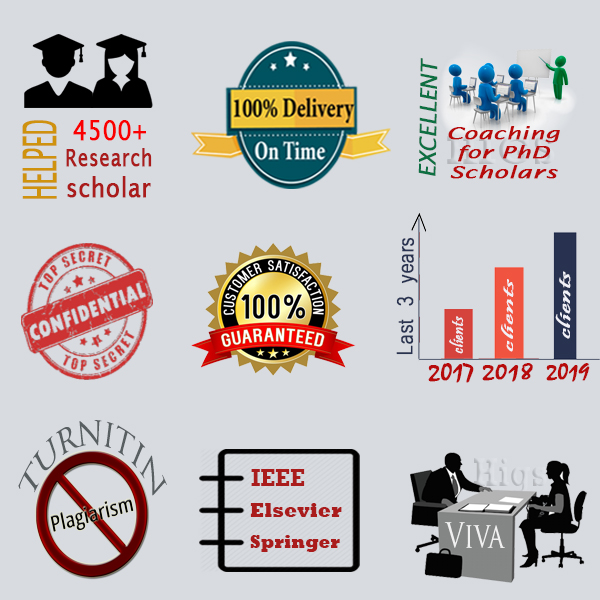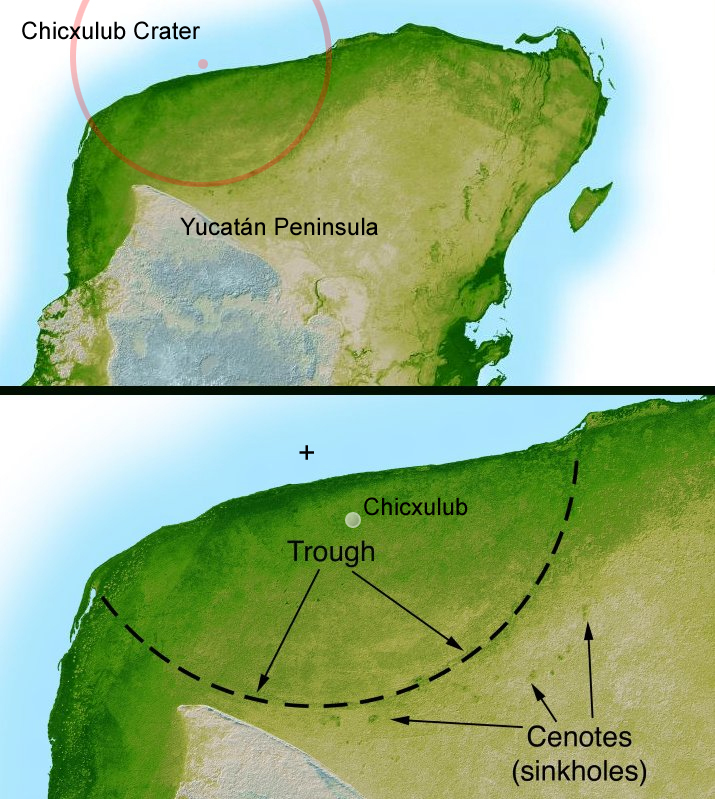SparkNotes: Essay Concerning Human Understanding: Summary.
Summary Book II, chapter XXIII: Ideas of Substances Summary In asking where we get our idea of substances, Locke finds himself in one of the stickier sections of the Essay.
Book Summary. An Essay Concerning Human Understanding begins with a short epistle to the reader and a general introduction to the work as a whole. Following this introductory material, the Essay is divided into four parts, which are designated as books. Book I has to do with the subject of innate ideas.

A summary of Book II, chapters xxix-xxxii: Other Ways to Classify Ideas in John Locke's Essay Concerning Human Understanding. Learn exactly what happened in this chapter, scene, or section of Essay Concerning Human Understanding and what it means. Perfect for acing essays, tests, and quizzes, as well as for writing lesson plans.

Summary. Having developed in Book I his argument concerning the nonexistence of innate ideas, Locke undertakes in Book II to describe in detail the process by means of which ideas come to be present in human minds. His fundamental thesis is that experience alone is adequate to account for all the ideas included in anyone's store of knowledge.
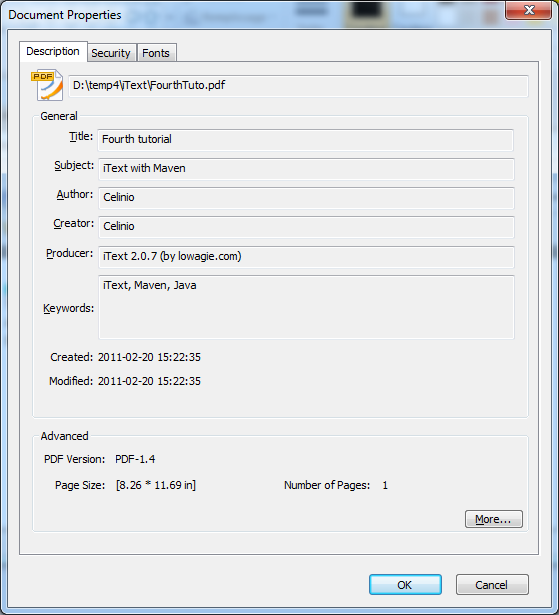
John Locke ’s purpose in An Essay Concerning Human Understanding is to inquire into the origin and extent of human knowledge. His conclusion—that all knowledge is derived from sense.

Essay II John Locke iii: Ideas of one sense. Chapter ii: Simple ideas. 1. To get a better grasp of what our knowledge is, how it comes about, and how far it reaches, we must carefully attend to one fact about our ideas, namely that some of them are simple, and some complex.

Summary Vol. 1, Book 2, Chapter 1: Of Ideas in General, and Their Original Locke begins Book 2 by elaborating on his definition of idea (see Book 1, Chapter 4). Ideas, he says, come from two sources. Sensation, meaning our sensory experience of the outside world, is one source.Reflection—our mind's awareness of its own operations—is the other.Locke says that a clue to the ongoing.

An essay concerning human understanding is one of the greatest philosophy works: Locke, folllowing, Descartes, described the new world of spirit and consciousness, thaht make human dignity. According to Locke, the understanding is the sign of human superiority over the animals and is comparable to the eye: it makes us see things, but it does not see itself naturally.
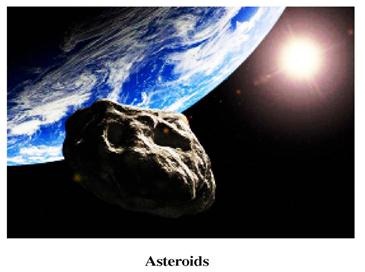
The An Essay Concerning Human Understanding Community Note includes chapter-by-chapter summary and analysis, character list, theme list, historical context, author biography and quizzes written by community members like you.

Locke’s most thorough discussion of the persistence (or diachronic identity) of persons can be found in Book 2, Chapter 27 of the Essay (“Of Identity and Diversity”), though Locke anticipates this discussion as early as Book 1, Chapter 4, Section 5, and Locke refers to persons in other texts, including the Second Treatise of Government.

John Locke's An Essay Concerning Human Understanding Chapter Summary. Find summaries for every chapter, including a An Essay Concerning Human Understanding Chapter Summary Chart to help you understand the book.

About An Essay Concerning Human Understanding An Essay Concerning Human Understanding by John Locke is one of the great books of the Western world. It has done much to shape the course of intellectual development, especially in Europe and America, ever since it was first published in 1690.
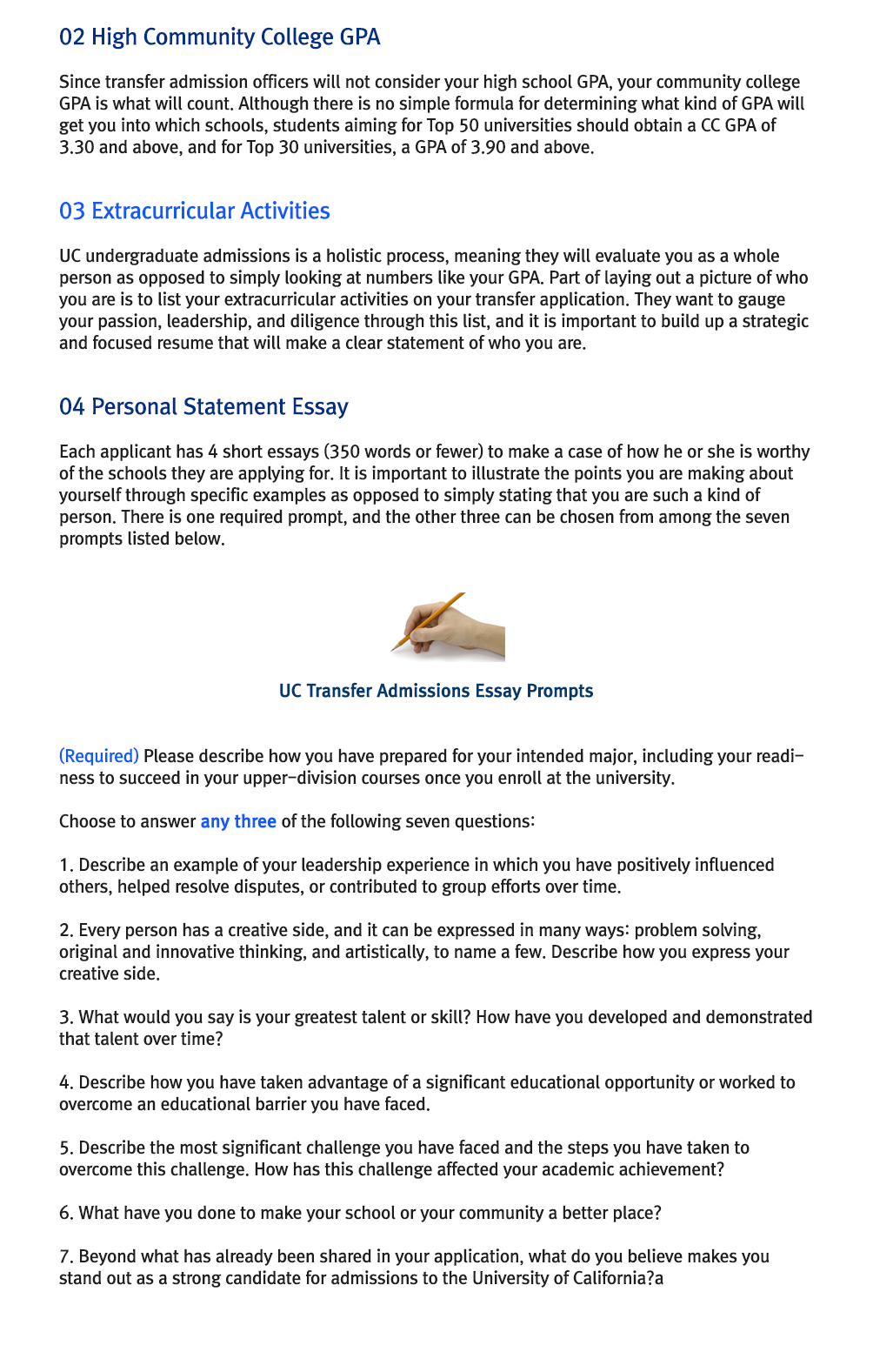
Chapter Summary for John Locke's An Essay Concerning Human Understanding, vol 1 book 2 chapters 14 17 summary. Find a summary of this and each chapter of An Essay Concerning Human Understanding!
